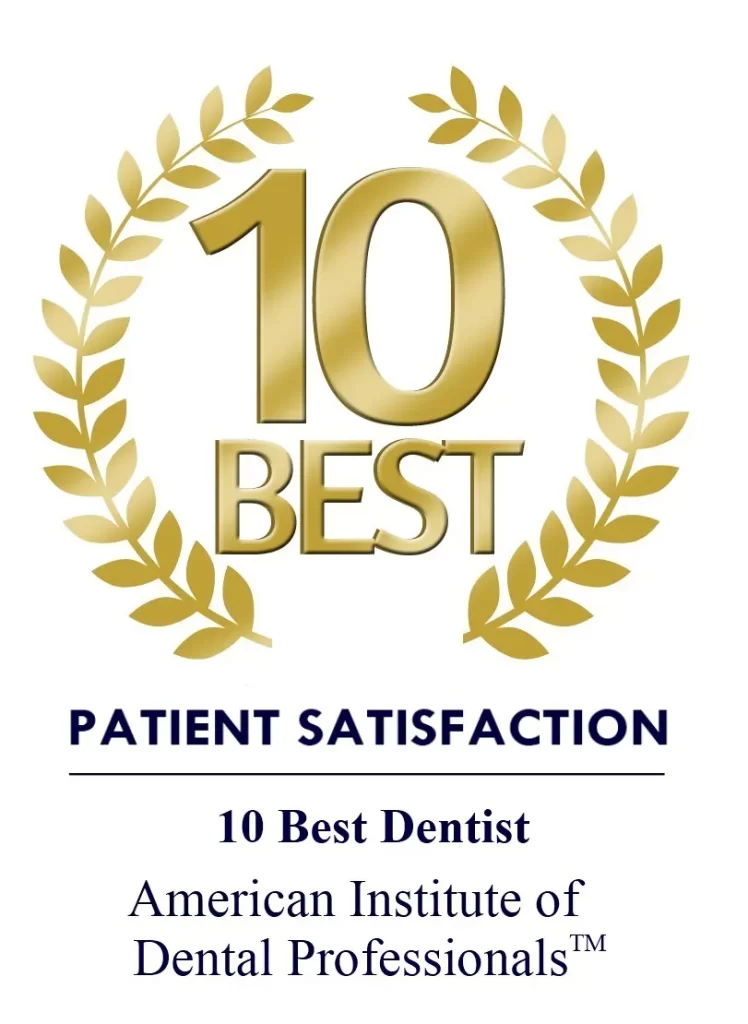Nearly half of Americans over 30 years old have periodontal disease, and as you age, your risk grows.
Periodontal disease, also known as gum disease, is an oral condition that infects the gums, jawbones, and teeth. In severe cases, people lose their teeth entirely.
But there are ways to spot periodontal disease, as your body will give you signs that something is wrong. When this happens, you need to visit a gum disease doctor (periodontist).
Here are some possible signs of gum disease.
1. Bleeding Gums
Bleeding while brushing is not normal. There are a couple of reasons why bleeding during brushing may occur.
The first reason that gums bleed is due to plaque build-up in between your teeth. Flossing takes care of the plaque. If you don’t floss, the bacteria in the plaque irritates the gums and causes bleeding. The more plaque there is, the worse the bleeding, and the more likely the plaque starts to destroy your teeth.
Certain medications can also cause gums to be inflamed, red, and bleed. It is important to speak with your periodontist about any medications you are taking.
2. Sensitive Teeth
Have you ever eaten hot or cold foods and felt a stinging sensation? This is because you may have sensitive teeth.
In many cases, tooth sensitivity is because the enamel on your tooth wears away leaving the dentin exposed. There are many nerves in your teeth that alert you when something is too cold or too hot.
However, in the case of gum disease, sensitivity occurs because the gums pull away from the tooth, leaving the root of the tooth exposed. The root of your teeth can feel a greater hot/cold sensation.
3. Receding or Swollen Gums
Gums that are receding appear to pull away from your teeth. Your periodontist or dentist uses a tool to measure how far your gums have receded.
Gums may also be swollen and red and create gum pockets. Gum pockets are gaps that occur between your gums and teeth. One of the main problems that happen with gum pockets is dangerous bacteria gets in your mouth and has an opportunity to enter your body, causing other health problems.
4. Loose Teeth
Your gums and bone help keep your teeth in place and protect the roots of your teeth. Loose teeth or even shifting of the teeth are a sign of gum disease. You are at risk of losing your teeth if this problem is not addressed by a periodontist.
5. Bad Breath
You may need a mint every once in a while, but consistent bad breath may be an indicator of a larger problem. Bad breath, otherwise known as halitosis, can be a warning sign of gum disease, especially when it’s combined with other signs. Bad breath happens due to plaque and bacteria being trapped in your gum pockets and exhibiting odors. If bad breath doesn’t resolve with regular brushing and flossing, you must consult a periodontist.
6.Having Diabetes
For people with type 2 diabetes, there is a greater risk for gum disease due to a couple of reasons. First, diabetic patients are more susceptible to inflammatory diseases. Second, periodontal disease causes a spike in blood sugar which is dangerous for people with diabetes. If you have type 2 diabetes, talk with your doctor and your dentist about ways in which you may be at risk for gum disease, and steps you can take to control it.
7. Oral Abscesses
An intra-oral abscess is an abnormal growth on your gum that’s typically filled with puss. It’s a clear indicator of an infection. If you notice puss or growth in between your teeth, contact your periodontist or dentist immediately.
The Stages of Periodontal Disease
You might be thinking, “How do I know if I have gum disease?” There are two basic stages of gum disease.
The first is gingivitis which is caused by the bacteria in plaque that sits on your teeth and the baseline of your gums causing irritation and inflammation. While it’s possible to reverse gingivitis, it is important to see a periodontist or dentist to remove the plaque and to make sure that your teeth and jawbone have not been affected.
The second stage is periodontitis where there is permanent damage to the bone. By seeking periodontal treatment, you can get the disease under control. However, if there is advanced bone loss, you may need gum surgery to prevent losing your teeth.
To avoid the likelihood of gum disease, it’s extremely vital that you follow an oral cleaning routine and visit your dentist for regular check-ups and plaque removal.
Do You Need a Gum Disease Doctor?
Caring for your teeth aids in keeping your whole body healthy. Gum disease is serious and may progress quickly. If you think you have any signs of gum disease, please see a periodontist right away.
Do you need to see a gum disease doctor? Our periodontal team specializes in helping those with periodontal disease. Contact us today for more information!

